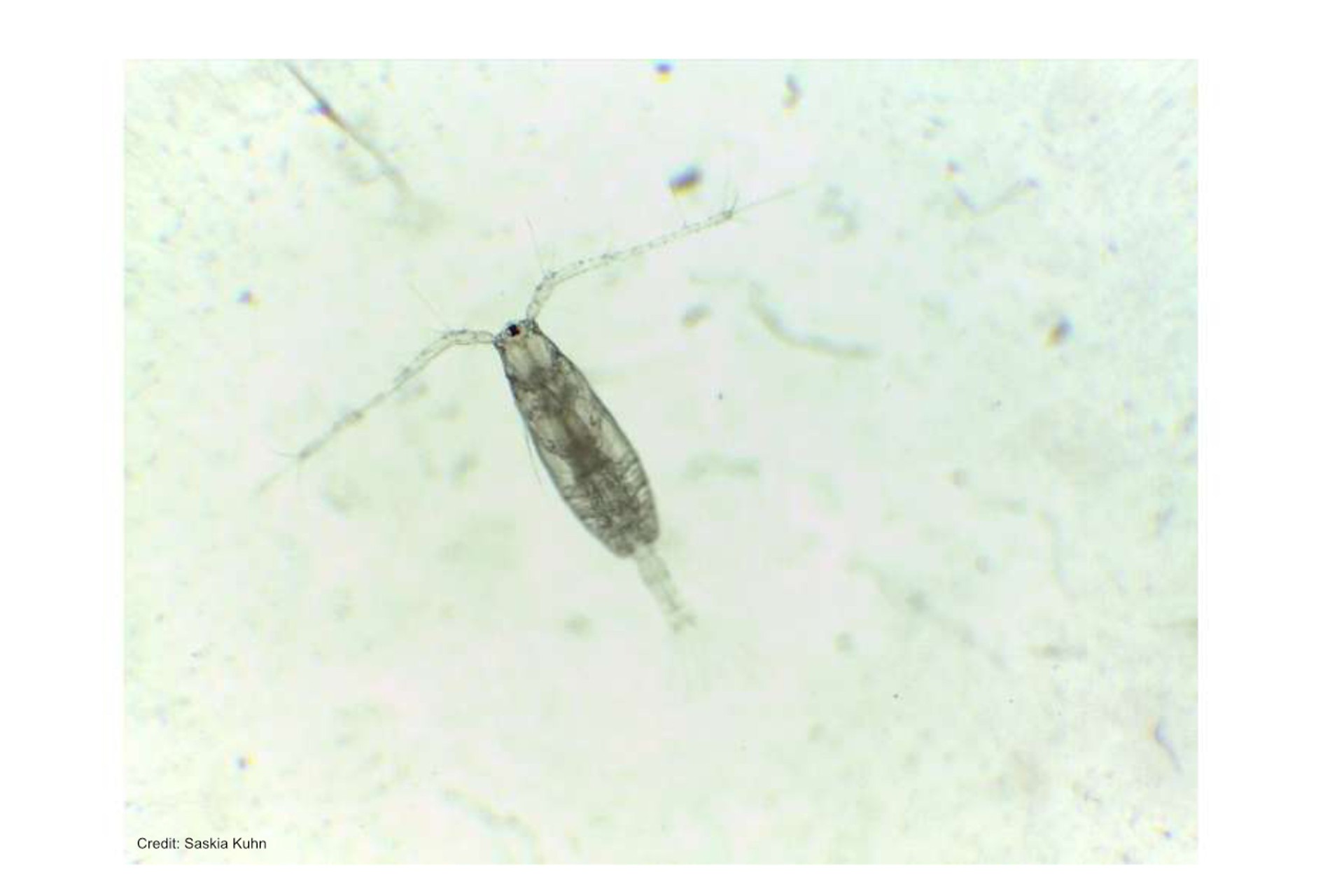Underwater noise shown to disturb feeding behavior of marine organisms

The Research and Technology Centre Büsum (FTZ) at Kiel University conducted laboratory experiments to investigate the impact of anthropogenic sounds, particularly harbor noise from periodic shipping traffic, on copepods. Copepods, small crustaceans at the bottom of the marine food chain, displayed sensitivity to the unnatural sound sources, specifically reducing their food intake significantly. The study, a first-of-its-kind, sheds light on the potential disruptive effects of anthropogenic noise on marine organisms, highlighting the need for further research and conservation efforts in the face of changing acoustic landscapes in the ocean.
The FTZ at Kiel University delved into the resilience of copepods, specifically Acartia tonsa, to external environmental factors, focusing on their feeding rates. The study involved experiments in an aquarium, comparing copepod responses to normal ambient noise and noise from shipping, a significant source of continuous underwater noise. The research aimed to understand how these crucial marine organisms react to increased noise levels. The findings contribute to the understanding of copepod sensitivity to anthropogenic sounds and their potential impact on marine ecosystems.
The study highlighted that underwater noise, especially from shipping, acts as a stressor for certain crustacean species, leading to a significant reduction in copepod food intake. The laboratory experiments demonstrated these negative effects, emphasizing the importance of repeating such studies in real-world conditions to assess the potential impacts on ecosystems. Understanding the consequences of noise-related stressors on marine organisms is crucial for developing strategies to maintain a healthy marine environment. The findings set the stage for future research projects in this area. To learn more head to Kiel University’s article on Phys Org https://phys.org/news/2023-06-underwater-noise-shown-disturb-behavior.html